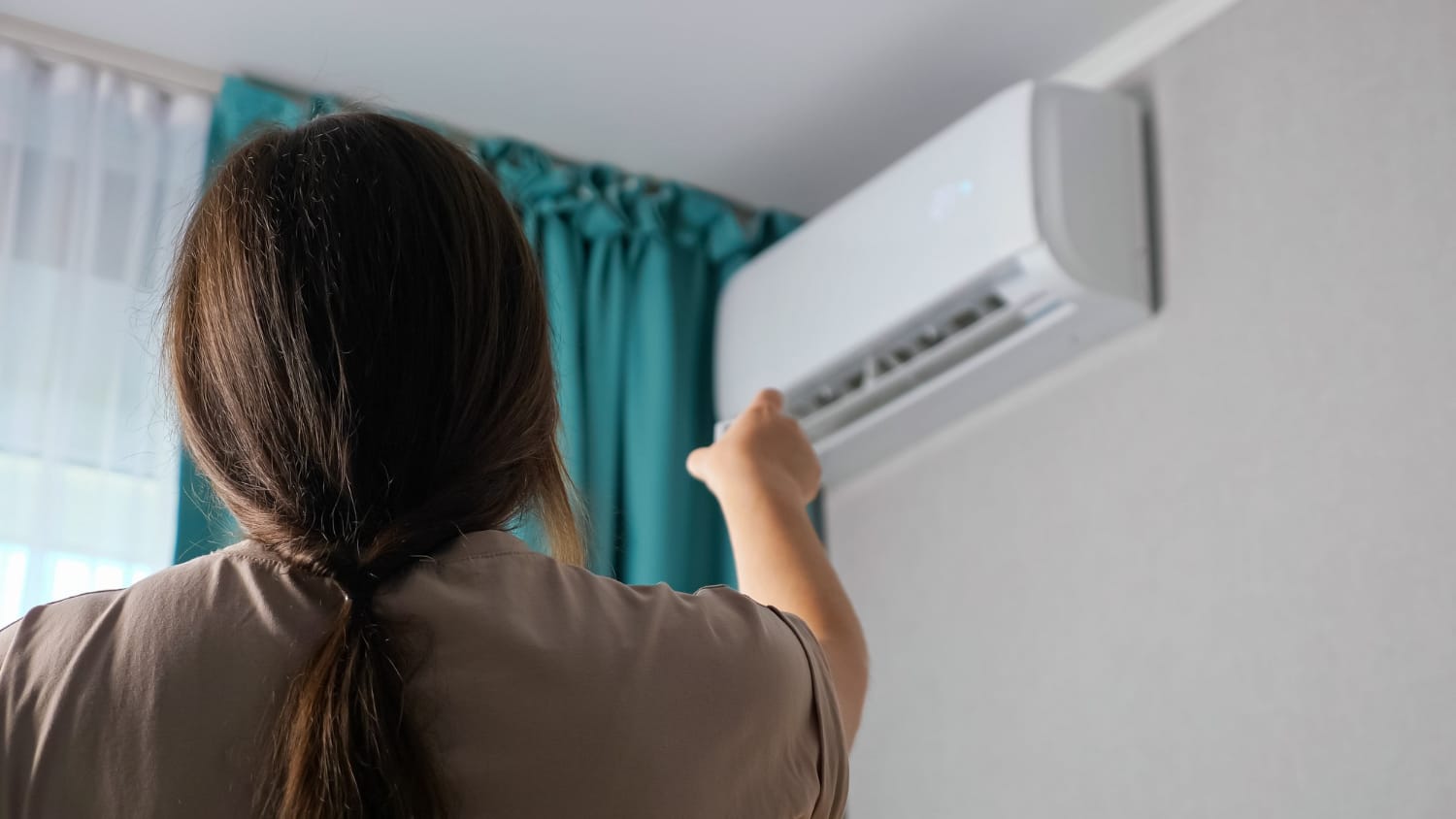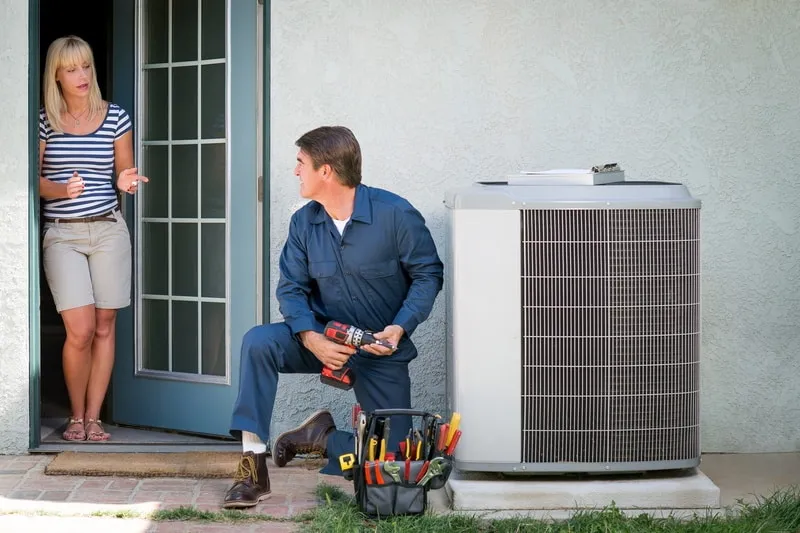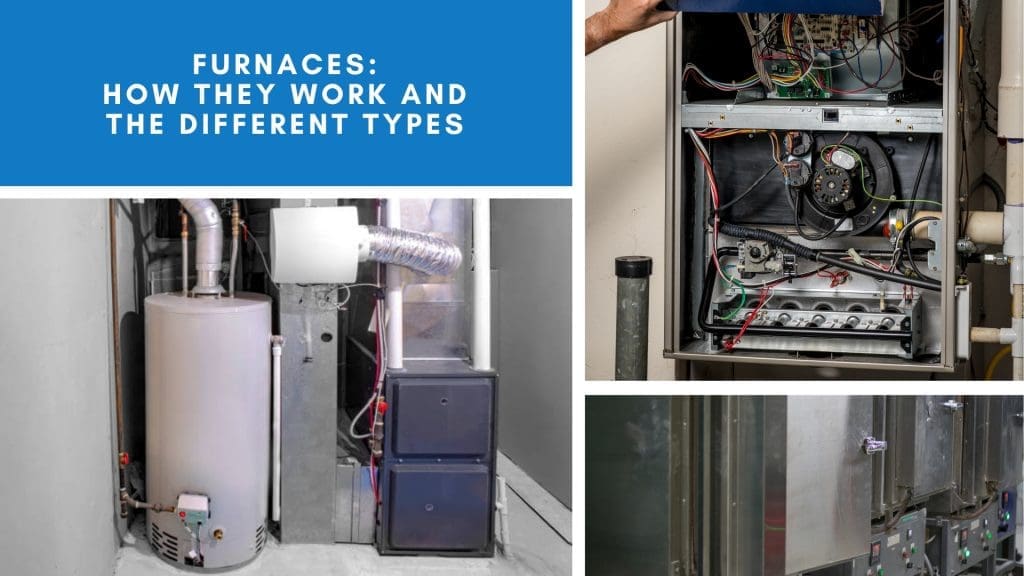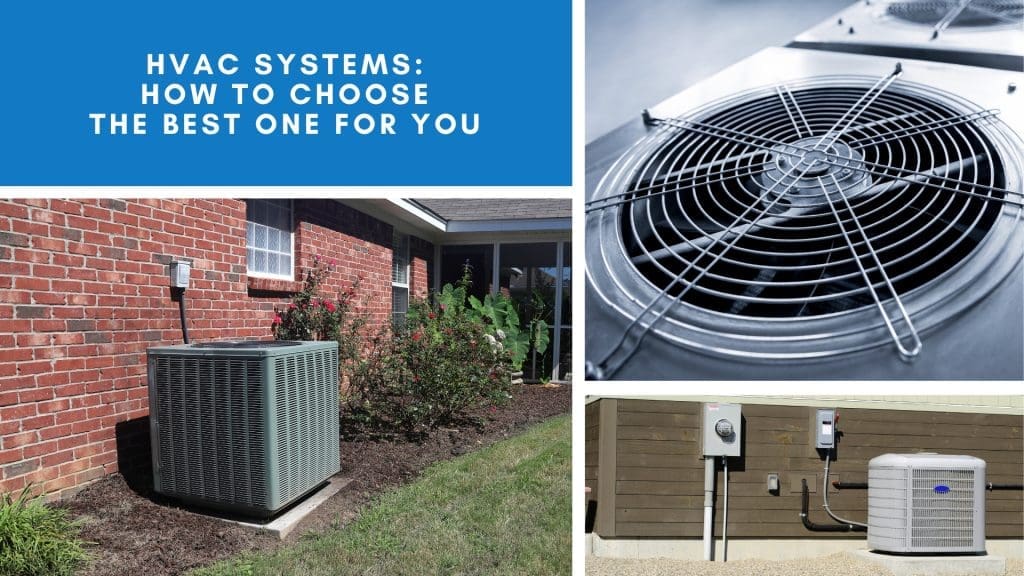Understanding why your air conditioning system might be blowing warm or hot air is the first step in resolving the issue. If you’re trying to fix AC blowing hot air, it’s important to know that air conditioning systems—whether in vehicles or homes—are complex machines that rely on a delicate balance of components and processes to function optimally. Any disruption in this balance can lead to inefficiencies, including the dreaded issue of blowing hot air. By breaking down the possible causes, we can more effectively troubleshoot and fix the problem, saving both time and resources. Let’s delve into the specifics for both car and home AC units.
Before diving into the solutions, let’s first explore why your air conditioning system might be blowing warm or hot air. Understanding the root causes of this issue is crucial in finding an effective solution. These reasons can vary depending on whether you’re dealing with a car or a home AC unit. It’s important to remember that while some issues might appear minor, they can sometimes indicate a more significant underlying problem that needs attention.
Common Causes in Cars
- Refrigerant Leak: The most common reason for a car AC blowing hot air is a refrigerant leak. Refrigerant is the substance that cools the air, and if there’s a leak, the system can’t function properly. Leaks can occur due to worn seals, hoses, or connections, and they may not always be immediately noticeable. Regular maintenance checks can help identify and rectify such leaks before they lead to more significant issues.
- Faulty Compressor: The compressor is the heart of your car’s air conditioning system. If it fails, the refrigerant won’t circulate properly, and your AC will blow warm air. A failing compressor can also make strange noises or cause the vehicle to vibrate, indicating that it’s time for a professional inspection. Given the critical role of the compressor, addressing any issues promptly is vital to avoid costly repairs.
- Electrical Issues: Problems with the AC’s electrical components, such as a blown fuse or a bad relay, can also result in hot air instead of a cooling breeze. Electrical problems can be tricky to diagnose without proper tools and knowledge, making it essential to consult with an automotive electrician if you’re unsure. Additionally, these issues can sometimes be a symptom of a more extensive electrical system problem within the vehicle.
- Clogged Air Filter: A clogged cabin air filter can restrict airflow, making it feel like your AC is blowing warm air. Over time, dust, pollen, and other debris can accumulate, reducing the efficiency of the air conditioning system. Regularly replacing or cleaning the air filter can enhance airflow and ensure that your car’s AC operates at peak performance, providing the relief you need on hot days.
Common Causes in Home Units
- Thermostat Settings: Often, the issue can be as simple as the thermostat being set incorrectly. Ensure it’s set to “cool” and the desired temperature is lower than the current room temperature. Sometimes, the thermostat might be malfunctioning, requiring a recalibration or replacement to ensure accurate readings and functionality.
- Dirty Air Filters: Just like in cars, dirty filters in home AC units can block airflow, reducing efficiency and causing the unit to blow warm air. Regularly checking and replacing air filters not only improves air quality but also extends the lifespan of your AC unit. A clean filter ensures that the system doesn’t have to work harder than necessary, preventing overheating and inefficiency.
- Refrigerant Issues: Similar to car AC systems, home units can also suffer from refrigerant leaks or insufficient refrigerant levels. These issues can significantly impair the system’s ability to cool air. Detecting a refrigerant issue often requires professional equipment and expertise, as incorrect handling can be hazardous and may violate environmental regulations.
- Blocked Condenser Unit: The outdoor condenser unit must be free of obstructions to function properly. If it’s blocked by debris, the heat exchange process can’t occur efficiently. Regularly inspecting and cleaning around the condenser unit can prevent this issue. Ensuring that the area around the unit is clear of plants, leaves, and other debris will help maintain its performance.
- Evaporator Coil Issues: If the evaporator coil inside your unit is frozen or dirty, it can impede airflow and result in warm air. A frozen coil can be a symptom of other issues, such as airflow problems or refrigerant shortages. Addressing evaporator coil issues often requires professional cleaning and inspection to ensure that the system operates efficiently and effectively.

How to Fix Your Car’s AC Blowing Hot Air
For those who like to roll up their sleeves, here are some steps you can take to diagnose and potentially fix your car’s AC issues. While some of these fixes are straightforward, others may require a bit of mechanical knowledge. Keep in mind that working on a car’s AC system can involve dealing with high pressure and potentially harmful chemicals, so take all necessary safety precautions.
Step 1: Check the Refrigerant Level
- Locate the AC system’s low-pressure service port under the hood. This is usually marked with a cap labeled “L” or “LOW.”
- Attach a refrigerant gauge to check the pressure. Make sure the car is on and the AC is set to the maximum to get an accurate reading.
- If low, you may need to add refrigerant, but be cautious as overcharging can damage the system. It’s important to follow all instructions carefully if you’re doing this yourself. Consider consulting a professional to avoid mishandling.
Step 2: Inspect the Compressor
- Start the car and turn on the AC. Pay attention to how the system behaves as you adjust the settings.
- Listen for unusual noises from the compressor, which can indicate a problem. Grinding or squealing sounds often suggest that the compressor is failing.
- If the compressor clutch isn’t engaging, it might need a replacement. This can also be due to electrical issues, so check the wiring and connections to rule out simple fixes before replacing the compressor.
Step 3: Examine Electrical Components
- Check the fuse box for any blown fuses related to the AC system. Replace any blown fuses and see if this resolves the issue.
- Inspect the relays and wiring for any visible damage. Corroded or damaged wires can cause intermittent issues that are often hard to diagnose but are crucial for proper system function.
Step 4: Replace the Cabin Air Filter
- Refer to your car’s manual to locate and replace the cabin air filter if it’s clogged. This is often an easy fix that can dramatically improve airflow.
- Consider upgrading to a higher-quality filter to better capture dust and allergens, enhancing both the efficiency of your AC and the quality of the air inside your vehicle.
If these steps don’t resolve the issue, it might be time to consult with a professional mechanic or an HVAC specialist. They have the tools and expertise to diagnose more complex problems that might not be immediately apparent.
How to Fix Your Home AC Blowing Hot Air
For those experiencing issues with their home AC units, here are some troubleshooting tips. Home AC systems can be intimidating due to their size and complexity, but many common issues are surprisingly easy to fix with a little know-how.
Step 1: Verify the Thermostat Settings
- Ensure the thermostat is set to “cool” and check the temperature setting. A simple oversight here can lead to unnecessary discomfort.
- Replace the batteries if the thermostat is not responsive. Sometimes, a hard reset by removing and reinserting the batteries can solve minor glitches.
Step 2: Clean or Replace the Air Filters
- Check the air filters and replace them if they’re dirty. A clogged filter can significantly reduce the system’s efficiency and effectiveness.
- Regular replacement (every 1-3 months) can prevent many common AC issues. This simple maintenance step is often overlooked but plays a crucial role in system performance.
Step 3: Check for Refrigerant Leaks
- Look for signs of refrigerant leaks, such as hissing sounds or oily residue near the AC unit. These can indicate a breach in the system that needs immediate attention.
- If you suspect a leak, contact a professional for a proper diagnosis and repair. Refrigerant handling requires specific tools and knowledge due to its environmental impact.
Step 4: Inspect the Outdoor Unit
- Clear any debris from around the condenser unit. Regularly trim back plants and remove any objects that may have accumulated.
- Ensure there’s at least two feet of clearance around the unit for proper airflow. This clearance helps the unit operate efficiently and prevents overheating.
Step 5: Examine the Evaporator Coil
- If accessible, check the evaporator coil for ice buildup or dirt. Dirt can insulate the coil, reducing its ability to absorb heat.
- A professional can clean the coil and check for more complex issues. They can also evaluate whether airflow problems or refrigerant issues are causing the coil to freeze.

When to Call a Professional
While DIY troubleshooting can resolve some issues, there are times when it’s best to call in the experts. If you’re uncomfortable performing these checks or if the problem persists, don’t hesitate to contact a trusted HVAC professional. At LC Heating and Air Conditioning, we pride ourselves on delivering top-notch service to the Los Angeles metropolitan area. Whether it’s a quick repair or a comprehensive AC overhaul, we’re here to ensure your comfort and satisfaction.
Complex issues like persistent refrigerant leaks, electrical problems, or major component failures require specialized tools and expertise. Attempting these repairs without professional guidance can lead to further damage or safety hazards. Trusting a professional not only ensures a thorough and accurate diagnosis but also provides peace of mind that the job is done right. Our team is ready to tackle any AC challenges you face, restoring your system to peak efficiency.

Conclusion: How to Fix AC Blowing Hot Air Effectively
Understanding why your AC might be blowing hot air and knowing how to troubleshoot it can save you time and discomfort. However, some problems require professional intervention to ensure safety and efficiency. Trust in the expertise of HVAC professionals to handle the more complex issues, allowing you to enjoy a cool and comfortable environment once again.
Regular maintenance and prompt attention to minor issues can prevent many AC problems from escalating. Remember, an efficient AC system not only enhances comfort but also helps reduce energy costs. For more information or to schedule a service, visit lahvaclc.com or call us at (818)858-7080. We’re here to help keep you cool, ensuring that both your home and car provide the refreshing escape you deserve.



